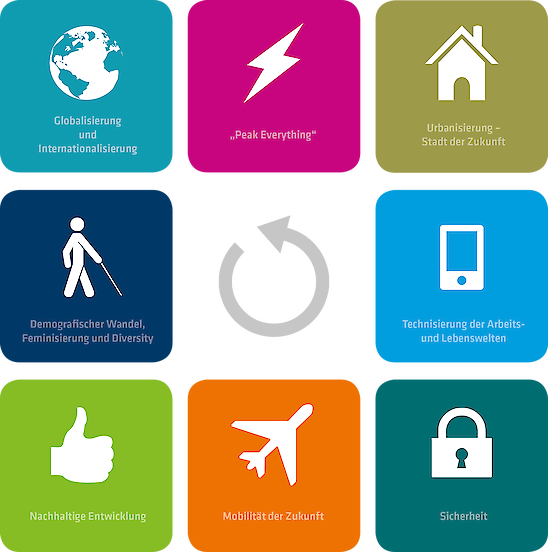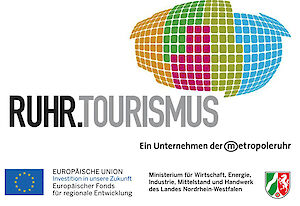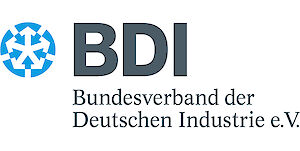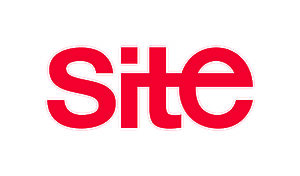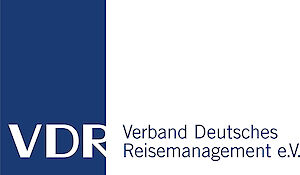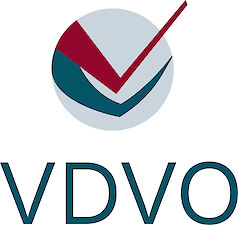Meetings and Conventions 2030
A study of megatrends shaping our industry
The increasing complexity of today's world affects the meetings industry in all its variety. Meetings, conventions, and events serve as platforms for the exchange of experiences and ideas. As a result, successful organisation is also dependant on numerous terms and conditions of context - and this won't change in the next decades. Events can help promote innovation. They can provide impetus for political, scientific and social processes and encourage international understanding. Therefore, it is imperative for key actors to adress future issues early on, communicate them and come up with plans of action. Modern future research can make a significant contribution by offering support and suggestions.
-
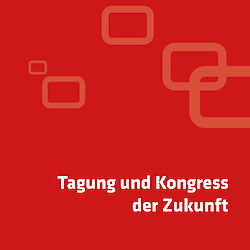 © GCB
© GCB
Download: The GCB-Study "Meetings and conventions 2030: A study of megatrends shaping our industry"
Download file
Secure Downloads
With our Secure Download we offer you the possibility to download documents (e.g. whitepapers and studies) free of charge. In order to receive the documents you give your consent that entitles us to inform you via email about GCB events and the meetings destination Germany. We only need your email address and your permission to send these emails. You can unsubscribe at any time.
Megatrends and their Relevance for the Industry
In this comprehensive study, we outlined developments, selected megatrends and their impacts on meetings and conventions by the year 2030:
- Globalisation and Internationalisation
- "Peak Everything"
- Urbanisation - The City of the Future
- Demographic Change, Feminisation and Diversity
- Technology in Work and Life
- Sustainable Development
- Mobility of the Future
- Security and Safety
The essential challenges to each megatrend are described and concrete measures recommended in order to adequately meet future needs.
Top 5 Megatrends
 © TODO
© TODO
Technology
Technology in work and life
More than 41.6 percent of respondents identified technology in work and life to be very influential in the future of the meetings business. New forms of knowledge transfer will influence all phases of event planning. For example, the worlds of virtual and live events will blur as planners incorporate virtual components in live events and the number of networked virtual events increase.
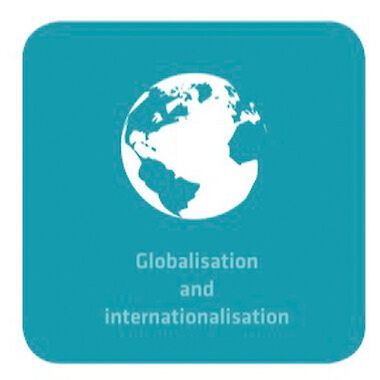 © TODO
© TODO
Globalisation
Globalisation and internationalisation
Approximately 28.6 percent felt very strongly that globalisation will have a major impact. Meetings will be all the more important to address issues that arise through increased interconnectedness of cultures and peoples. Individuals will need to be more aware of nuances among country cultures, preferences and lifestyles and speak multiple languages.
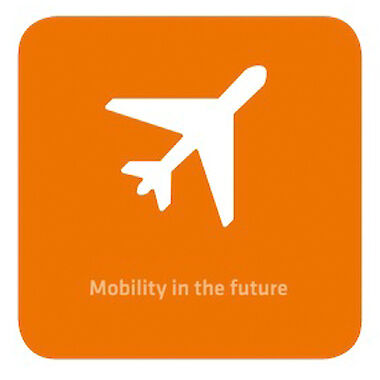 © TODO
© TODO
Mobility
Mobility of the future
Getting to and from events easily and comfortably and with the smallest possible ecological footprint will continue to be an important aspect of event planning. Host organisations will affect this process through the selection of easily accessible event locations and the use of “event tickets” for air and train transportation, among other things. Mobility of the future came in at 26 percent (very strong impact on the meetings industry).
 © TODO
© TODO
Sustainability
Sustainable development
Sustainability will remain a guiding principle to influence all areas of meeting planning, from construction and renovation of venues, to transportation, food and entertainment. One aspect of this development is the increasing “regionalisation” of meetings, where meeting organisers focus more on utilising local suppliers as well as inviting local and regional audiences more than before. Sustainability scored 20.8 percent (very strong impact on the meetings industry).
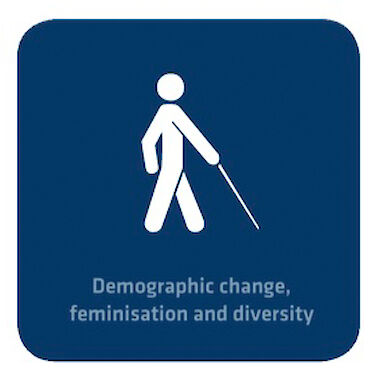 © TODO
© TODO
Demographic Change
Demographic Change, feminisation and diversity
Demographic change was cited by 18.2 percent of respondents as “very strong.” An increasingly older meeting attendee population will require accessibility, but the implications extend significantly beyond getting around; they affect the meeting format, even the credentials and demographics of the speakers and presenters. Additionally, as more women travel the meetings circuit, features such as additional security for women traveling alone and child care, among others, will need to be considered. Meeting topics and flexible formats will also be shaped by the growing number of females traveling to meetings and conferences. Similar considerations, such a food choices and holiday observances, must be made as the meeting populations become increasingly diverse.
 ©
©